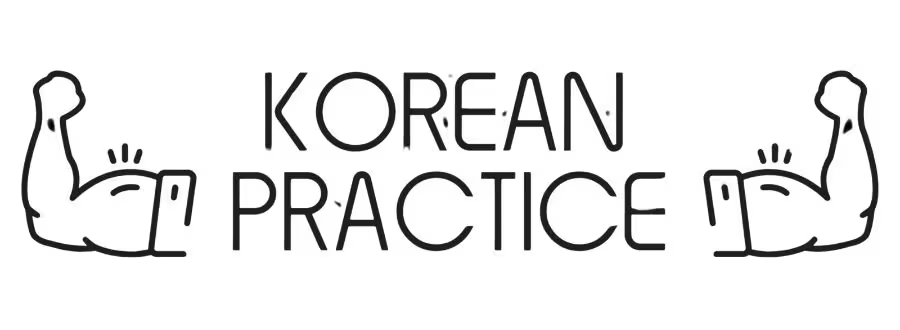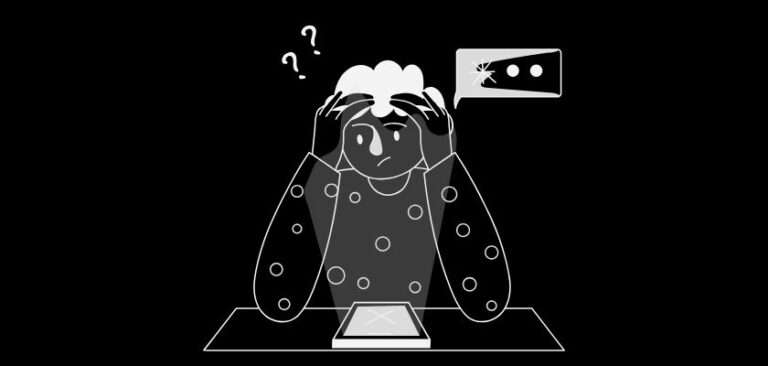Table of Contents
욕을 먹다 Meaning in English
The Korean phrase 욕을 먹다 meaning in English literally translates to “to eat insults” in English. However, its actual meaning is closer to “to be criticized” or “to receive blame.” This expression is commonly used in casual and formal contexts to describe situations where someone is the target of negative remarks, scolding, or complaints.
For example:
- “I got scolded for being late” becomes 지각해서 욕을 먹었어.
- “He received criticism for his decision” becomes 그는 그의 결정 때문에 욕을 먹었다.
Understanding 욕을 먹다 meaning in English adds depth to your Korean vocabulary, helping you express scenarios involving criticism or reprimand with nuance.
Learning Korean through examples like this is helpful, but imagine understanding it naturally through stories! Check out my Story Courses to make learning Korean easy and fun!Go to Korean Stories
욕을 먹다 Nuances and Usage
The key nuance of 욕을 먹다 is its imagery—it likens receiving insults or criticism to “eating” them, implying an involuntary acceptance of negativity. This phrase can range in tone from serious to humorous, depending on the context.
It’s often used to express:
- Receiving Blame: Criticism for mistakes or failures.
- 예: 실수 때문에 욕을 먹었어. (I was criticized because of a mistake.)
- Taking the Heat: Being the scapegoat for others.
- 예: 내가 대신 욕을 먹었어. (I took the blame on their behalf.)
- Public Backlash: Facing criticism on a larger scale.
- 예: 그 배우가 인터뷰 때문에 욕을 먹었어. (The actor faced backlash for the interview.)
Example Sentences with 욕을 먹다 Meaning in English
(Criticized for being late)
Korean: 지각해서 욕을 먹었어.
English: I got scolded for being late.
- 지각해서 (because I was late) 욕을 먹었어 (was criticized; casual past tense).
(Public criticism)
Korean: 그의 발언 때문에 욕을 많이 먹었어.
English: He received a lot of criticism because of his statement.
- 그의 발언 때문에 (because of his statement) 욕을 많이 먹었어 (received a lot of criticism; casual).
(Blamed unfairly)
Korean: 잘못한 건 없지만 내가 욕을 먹었어.
English: I didn’t do anything wrong, but I got blamed.
- 잘못한 건 없지만 (I didn’t do anything wrong) 내가 욕을 먹었어 (I got blamed; casual).
Conclusion
욕을 먹다 meaning in English goes beyond its literal translation, offering rich imagery for expressing criticism, blame, or backlash. Whether you’re describing being scolded by a friend, criticized in public, or taking the heat for someone else, this phrase is invaluable for natural Korean expression.
Want to explore more Korean idioms like 욕을 먹다? Dive into my Story Courses for relatable and fun ways to master Korean vocabulary!







